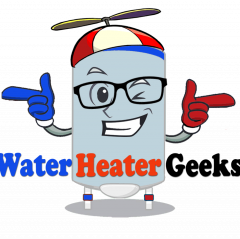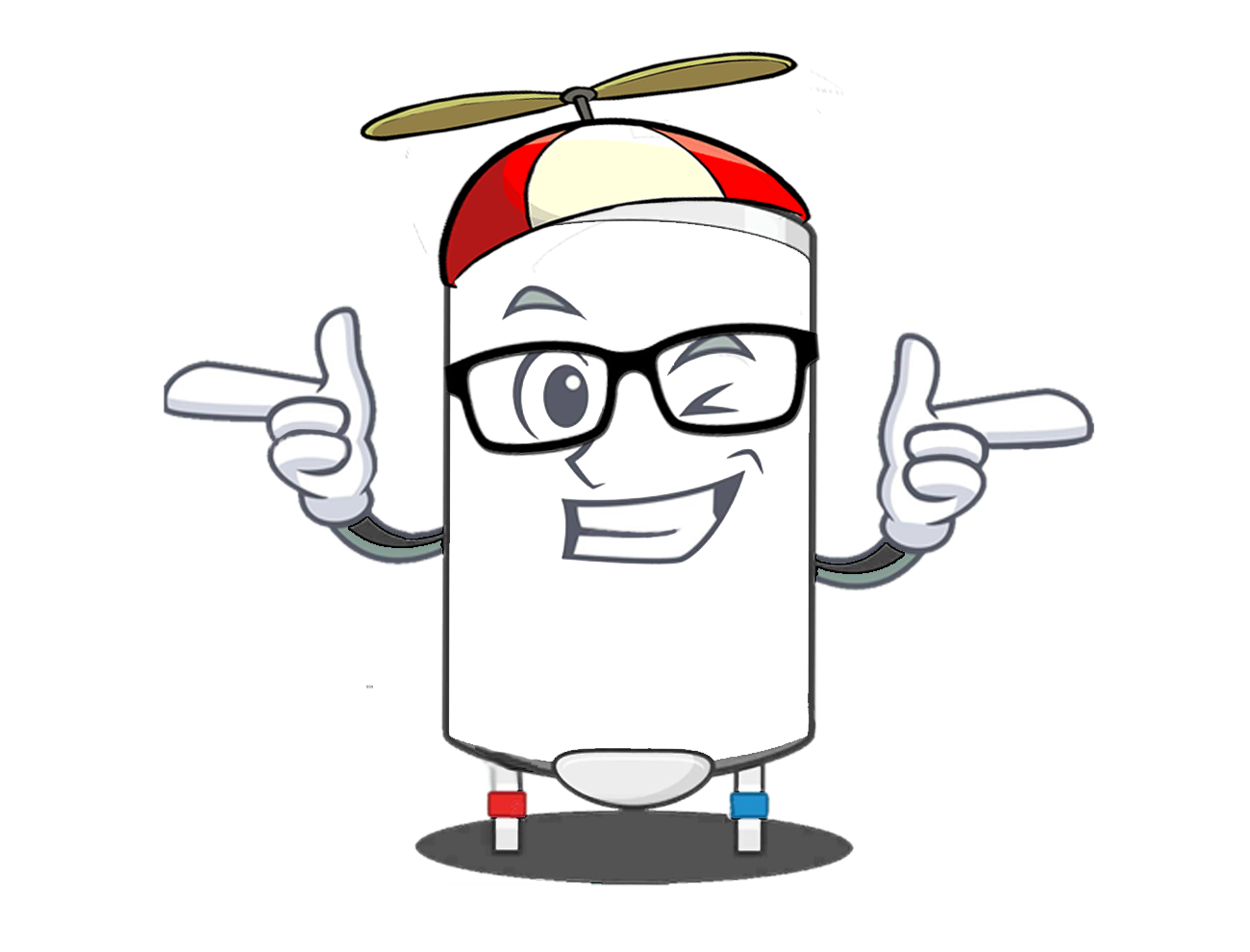Living Tankless …The Wise Investment
Your family deserves hot water when they want it, where they want it, and for as long as they want it. With a Rinnai tankless, you’ll never need to worry about running out of hot water again, even when there are multiple showers running simultaneously with the dishwasher and washing machine.
Better Than a Tank
Your water heater is the most important appliance in your home.
Choosing tankless is the smart investment.
- Tankless water heaters last up to twice as long as tanks
- Save energy by heating water only when it’s needed
- Avoid costly replacement events with a maintainable and repairable tankless unit
Choosing the right installer to get the job done is no problem
When you choose the Water Heater Geeks, you can depend on quality workmanship and a great return on investment.


